Diet vs. Exercise (You can't Outrun Your Food)

People are very good at conserving energy. Thier bodies and cravings will keep track of calories burned through exercise and subconsciously will consume more calories later in the day or try to reduce physical activity later in the day.
The best approach: Establish an exercise program and plan ahead... make it a part of your daily schedule. Also, plan your meals... and eat your planned meals. Difficulties arise when meals are not planned or guidelines aren't heeded... and hunger strikes! The positive aspect of focusing on nutrition and exercise together is that with exercise, junk foods cravings seems to be less.
To summarize...
Plan your meals... eat your planned meals -- Plan your exercise... do your exercise!
Lower Your Anger and Irritability- and Reduce Inflammation
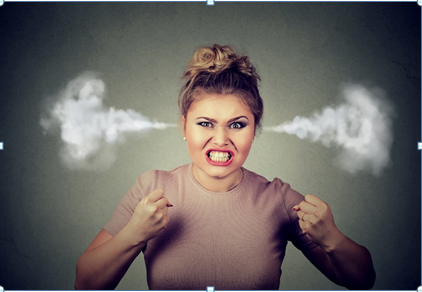
Integrative health Wellness and Unified- Field Health Science has shown us the relationship in terms of mind-body physiology(somatopsychophysiology) between having a physical body that is experiencing inflammation and the besetting of anger- irritability- frustration (the dreaded AIF phenonmenon).
Dr. MIchele Sherwood, a preventive medicine physician , has written that first of all, " inflammation is the backbone of our immune reponse... when we are stressed out while constatly eating semi- toxic food, our inflammation runs amok."
Dr. Fred Travis, noted neuropsychologist has started that "when your entire physiology is in a state of inflammation as a result of poor diet and dysfunctional lifestyle, your emotional state will soon follow the same destructive parh."
THE FIRST PLACE TO START: Correct your diet. Avoid products made with high fructose corn syrup, artificial sweeteners, and preservatives, An anti-inflammation diet provides steady energy, ample nutrition, and protective phyonutrients, the best way to obtain all of your daily vitamin, minerals, and micronutrients is by eating a diet high in fresh foods
SECONDLY: Evaluate your lifestyle and the environment(s) to which you are exposed. We consume more that just food....we take in experiences, attitudes, and those things around us which can and will have a impact on how we fuction and who we are.
MIND-BODY...BODY-MIND: Dr. Walker, Rossi, Erickson, Cheek (et.al) have shown us through science that:(a) Physical imbalance within the human body can offer psychological consequences, and (b) Psychological stress can induce consequences to the physical body. Thus inflammation in the physical system can result in disturbances such as anger irritability, and frustration.
THE TOOL: At Movment for Global Health, we offer the HealthCORE Analysis which can determine whether your physiology is deficient, toxic, or what seems to be more prevelant... in a state of inflammation. And adopt an anti-inflammatory diet, evaluate your lifestyle and stress exposures and live a life of longevity, quality, and quantity.
Plant-Based Diet = Less Cognitive Loss
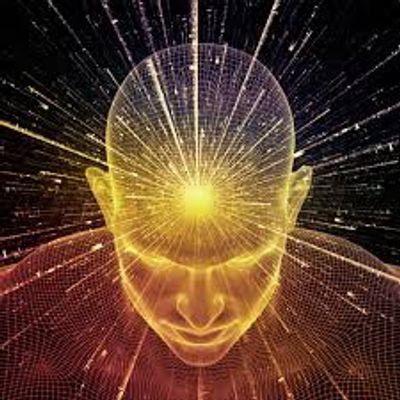
eA recent study has found that elderly individuals who consume a diet greater in plant-based foods have a reduced risk of cognitive decline and dementia. This was rencently published in the journal of Molecular Nutrition and Food Research. It was discovered that an increase in mushroom, cocoa, apple, green tea, blueberries, and pomegranates offer a "protection" that reduce the risk of cognitive impairment. Many experts believe that following a Mediterranean diet and balanced lifestyle is associated with an almost 45-50% reduction in risk of cognitive/mental decline
Professor Christina Andres-Lacueva concluded that a "higher intake of fruits, vegetables , and plant-beased foods provide more polyphenols and bioactive compounds that could help rduce the risk of cognitive decline due to aging."
On a side note of the study, it was determined that artificial sweeteners such saccharin, were associated with a GREATER risk of mental decline.
Better Sleep - Improved Cognition
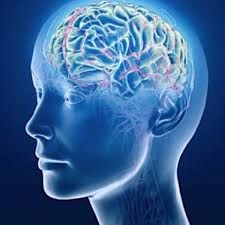
"Try to get as close to 8 hours of sleep per night as possible, without using sleeping pills (which can compromise your cognitive function)".
Dr. Dale Bredensen, MD, professor and expert in neurocognitive function, said it poignantly in the preceding statement.
It has been established that many of the medications (over the counter and prescription) which are popular as sleep aids, can actually cause cognitive loss and possibly induce a more rapid pathway to dementia and Alzheimer's when taken routinely or over time.
Dr. Bredensen (et.al.) recommend the consideration of taking up to 10 mg. of melatonin combined with 100 mg. of 5HTP approximately 30 minutes before retireing to bed. Neither melatonin and 5HTP are medications or pharmaceuticals. Taking these supplements should not leave you with the sedated, sluggish feeling in the morning.
Benzodiazepines such as Xanax have been associated with the risk of cognitive decline and leaving an "aftertaste if lethargy and sluggishness" in both brain and body the next morning. (1).
While the melatonin/5HTP is a safe recommendation for your consideration, if you are already on an antidepressant (SSRI), then you should avoid trying the melatonin/5HTP combination. By taking both you could overload your system and cause something termed serotonin syndrome. In fact, melatonin and 5 HTP are not for everyone. If you are medications, check with your pharmacy about potential drug interactions first. And if you decide to start using melatonin and or 5HTP start with lower doses first to see how your body reacts. Listen to your body as you fine tune a sleep regimen that will work for you.
When we achieve close to 8 hours sleep per night, our brain refreshes, our neurochemicals replenish, and we gain a restoration of both mind/body process which not only keeps us sharp mentally, it heps us to function properly during the course of the day.
Good sleep hygiene is also very imporant: Keep your room dark, cool, and quiet to the best of your ability; wind down prior to retiring, turn off the media, read something inspirational or calming, go to bed by 10pm, and avoid activity in the two hours preceding bedtime.
Good sleep = restoration and detoxification of the mind.
Good sleep = likely to slow the process of aging.
Good sleep = using nutrition and healthy sleep environment may slow the potential for dementia and Alzheimer's.
[Remember, blog articles of this nature are not a prescription or recommended treatment plan. We offer blog articles for the purpose of education and personal development for your consideration.]

When we speak of prevention we also recognize that there is a very high level of prevention and detection of which is not frequently spoken. UEDC represents "ultra-early detection capabilities". With its use, we employ education and personalized quality control which help a person detect imbalances in their very early stages -- thus, when discovered and adjusted-- can actually avoid illness BEFORE the damage.
So, essentially, there is prevention...and there is Very-Early-Detection and Prevention. We use the illustration of the iceberg because it is known that a majority of the iceberg is under the surface and most observers only see what is visible above the surface.
In using the iceberg analogy, let's say that what is seen above the surface is the disease, illness, or disorder which is already creating damage. Let's suppose that the part of the iceberg just slowly creeping above the surface line is what we are trying to identify and prevent before to causes "too much" damage. But wait! ...there's more!
What about the part of the iceberg that is in the depths below the surface that nobody can see nor identify as it slowly moves upward to the surface of the water? If one could detect the impact of that part of the phenomenon and make certain adjustments very early, it is likely that virtually all measurable damage could be avoided.
This is what UEDC does. Movement for Global Health, through its scientific partners, has introduced with great success methods which can detect imbalances and cellular shifting before they become symptomatic indicators. Techniques in Ultra-Early Detection Capabilities include the HealthCORE Whole Person-Whole Systems Analysis and the Comprehensive Tridoshic Pulse Analysis.
________________________________
"AILMENTS AND DISEASES ARE DUE TO AN ACCUMULATED EFFECT OF MINOR MALFUNCTIONING THAT WAS LEFT UNATTENDED FOR A LONG PERIOD OF TIME."
- Dr. V. V. , MD
_________________________________
Science has proven that there are several levels of disease development. Symptoms typically are identified at Stage 5 (with Stage 1 being the minor cellular changes and Stage 6 being deemed the most severe intractable level of illness). The methods of UEDC have demonstrated that they can identify imbalance and cellular changes at Stage 2 which allows greater potential for eliminating health changes before they becomes a harmful illness.
For more information on UEDC, please visit with us at Movement for Global Health.
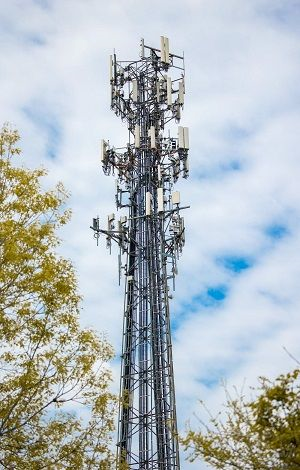
We can't see, hear, smell or taste EMF so it's out of sight out of mind for most. But don't let that fool you.
FIRST, WHAT IS EMF?
NIH provides a solid definition:
"Electric and magnetic fields (EMFs) are invisible areas of energy, ofthen referred to as Radiation, that are associated with the use of electrical power and various forms of natural and man-made lightning. EMFs are typically grouped into one of two categories by their frequency:
- Non-ionizing: low-level radiation which is generally perceived as harmless to humans
- Ionizing: high-level radiation which has the potential for cellular and DNA damage" (1)
Technically there is a difference between Electromagnetic fields or EMF’s which “usually refer to Ac low frequency magnetic fields. Magnetic fields are created by electricity flowing through wires. Common EMF sources are power and transmission lines, internal building wiring system, electrical panels, transformers, motors and appliances. Elevated EMF fields are often caused from wiring problems, stray current or bad grounding.” (2)
We will be focusing much of our discussion on 5G RF Radiation. 5G wireless technology is rapidly being rolled out worldwide with significant concerns raised by the scientific, medical and environmental community. An international appeal to halt 5G technology calls for an immediate halt of the deployment of 5G technology, stating “5G will massively increase exposure to radio frequency (RF) radiation… RF radiation has been proven harmful for humans and the environment. The deployment of 5G constitutes an experiment on humanity and the environment that is defined as a crime under international law." (4)
In his article “Regulators Steamroll Health Concerns as the Global Economy Embraces 5G”, Joel M. Moskowitz, Ph.D. summarizes health concerns articulated in the international appeal:
‘Numerous recent scientific publications have shown that EMF affects living organisms at levels well below most international and national guidelines. Effects include increased cancer risk, cellular stress, increase in harmful free radicals, genetic damages, structural and functional changes of the reproductive system, learning and memory deficits, neurological disorders, and negative impacts on general well-being in humans. Damage goes well beyond the human race, as there is growing evidence of harmful effects to both plant and animal life’.
Dr. Joel Moskowitz is is the director of the Center for Family and Community Health at the School of Public Health, University of California, Berkeley. His Electromagnetic Radiation Safety website, https://saferemr.com, has served as a resource for scientists, journalists, policy makers, and the public since 2013.
With the number of credible scientific professionals raising serious concerns about 5G, we need to listen.
Learn about the health and safety risks, take action and support the organizations below:
https://www.5gspaceappeal.org
https://www.saferemr.com
https://www.americansforresponsibletechnology.org
https://www.stopsmartmeters.org
https://www.wirelesseducationaction.org/dr-martin-pall/
(1) https://www.niehs.nih.gov/health/topics/agents/emf/index.cfm
(2) “Do You Know The Difference Between EMF and RF?”November 26th, 2014 by Peter Sierck http://www.etandt.com/news/do-you-know-the-difference-between-emf-and-rf/Ibid.
(4) https://www.5gspaceappeal.org/the-appeal/
(5) https://washingtonspectator.org/regulators-steamroll-health-concerns-as-the-global-economy-embraces-5g

Relationships play an important if not critical role in our health and well-being. Unless we are isolated on a desert island or a mountain peak seeking nirvana, we are involved with other people in some form or another. And even if you are sitting in solitude, on a waterfront or on a mountaintop, there is a pretty strong possibility you will eventually run into someone and create a “relationship”.
Let’s look at the term for a moment. To relate or to be relative is to have connection. If someone is a relative to us, it commonly means they are connected within a family structure.
Here is an exercise you are encouraged to do. Write down the names of those with who you are closely related. This includes family members. Then write down the names of the extended family members. Following that, document those with who you work, socialize and congregate. Continue your list by adding the individuals with whom you transact business. And finally, note the persons with whom you frequently come in contact with even though the interaction might seem slight or uncomfortable.
Ashwagandha - The Miracle "Non-Drug"

Remember… botanical products from the earth are not pharmaceuticals. They are food products. When grown organically and processed effectively, they can provide improved health and longevity along with an increase in quality and quantity of life.
According to the Mayo Clinic not only does exercise help alleviate conditions such as high blood pressure and diabetes but it can also be beneficial for your mental health. It is important to have a good grasp on your mental health if you really want to start investing in yourself.
Knowledge is power and this is something that is very important when you plan to invest in yourself. You can never stop learning. And as you learn, you will challenge yourself to come up with new ideas and deepen your plans. It is vital to learn new things, especially those things that help you towards the kind of life you want to create.
Psychotherapist Barbara Markway Ph.D. believes that self-confidence is attached to almost every element of a happy and fulfilling life. When you work on your self-confidence you are actively fighting against fear and anxiety, two things that can really derail your personal success. When you build your confidence, you start to feel more capable and as a result you do in fact become more capable.
It may sound like something you have no choice over but you really can choose to be happy. This is not to discount the effects of depression which is very real but there are ways to make happiness the best choice moment by moment throughout the day.
DETOX TEA: Helps Remove Toxins While Repairing Digestive Tissues
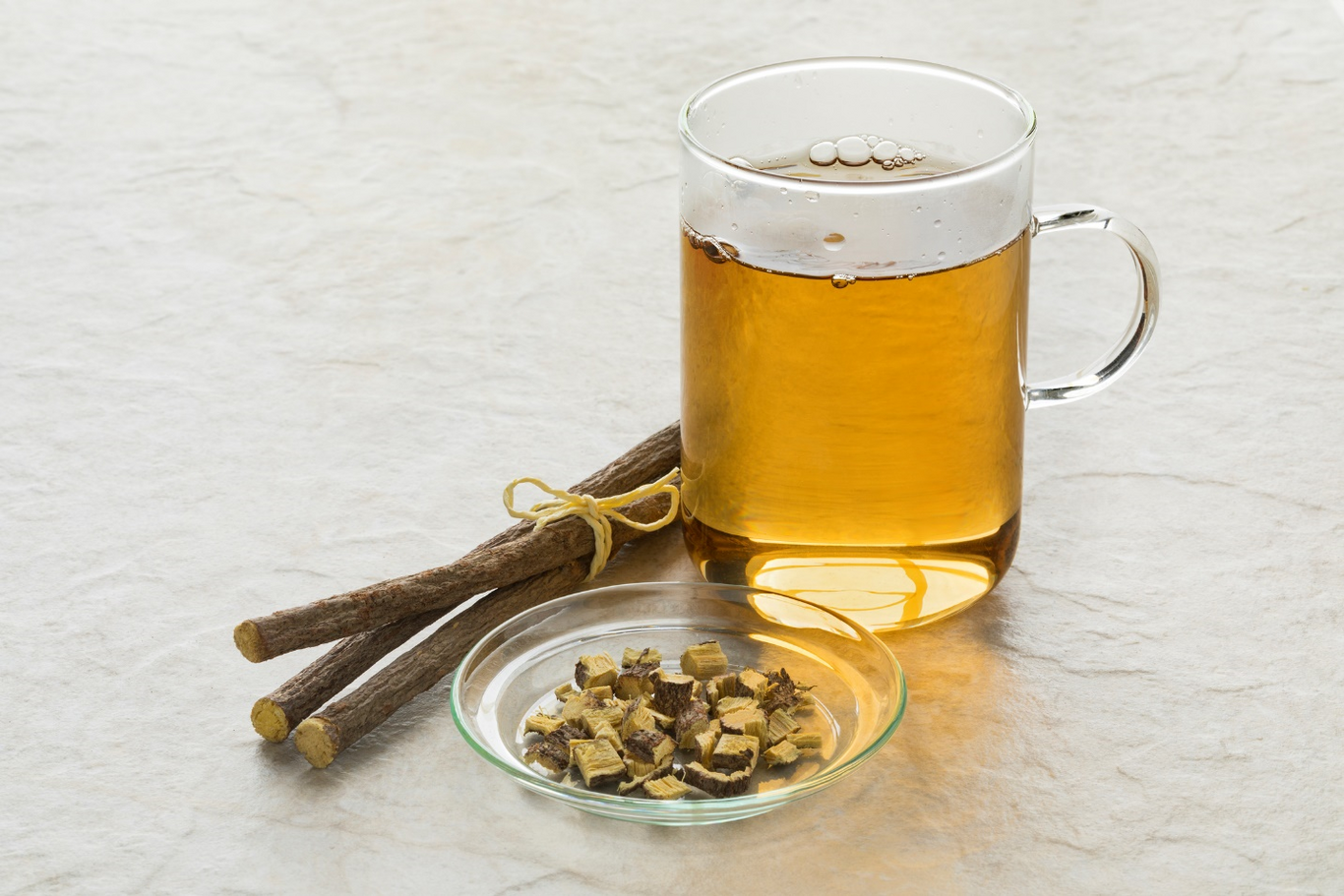
It is a simple, user-friendly habit in which to participate. Make the tea…. drink the tea. You are likely to sense a clearing of the mind, better physical performance, and likely a loss of the puffiness and sense of releasing toxins and fluids which are being retained by the human systems.
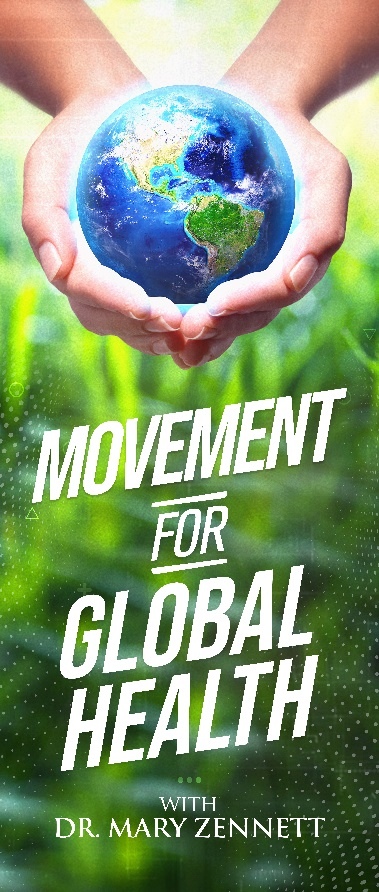
One big problem is living in the Information Age. We are bombarded with information constantly. Now this can be a blessing as we have good information at our fingertips. However, it becomes overwhelming trying to process information, absorb it and apply it to our own lives.
